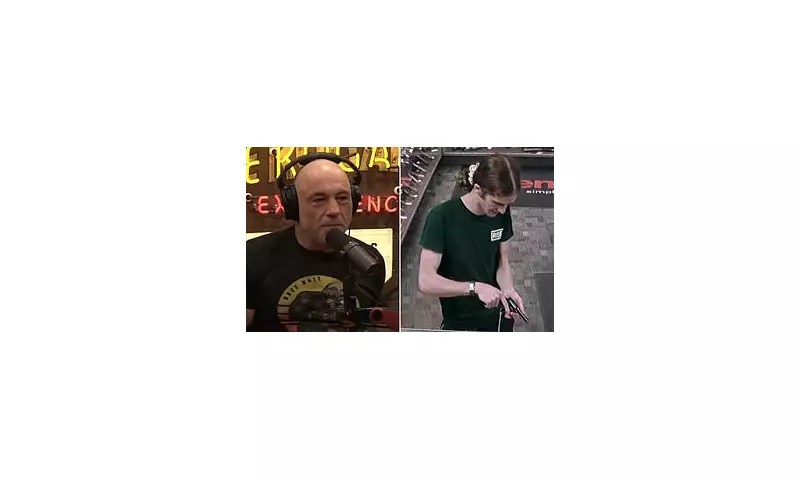
In a bombshell segment on his globally influential podcast, Joe Rogan has thrust a deeply controversial and alarming theory into the mainstream: that the very medications prescribed to treat depression could be a hidden factor behind the United States' epidemic of mass shootings.
The discussion, featuring author and researcher Matt Taibbi, centred on the work of renowned psychiatrist Dr Peter Breggin, who has long been a critic of Selective Serotonin Reuptake Inhibitors (SSRIs). Rogan labelled the potential link a "dirty secret" the pharmaceutical industry has no interest in confronting.
The Chilling Side Effects: From Apathy to Violence
The core of the argument lies in the documented side effects of these drugs. While intended to stabilise mood, SSRIs like Prozac, Zoloft, and Paxil can have a paradoxical effect on a subset of users. Medical studies and FDA labels acknowledge that these medications can induce akathisia—a state of intense, uncontrollable restlessness—and emotional blunting.
Dr Breggin's research, as cited by Rogan, suggests this chemical-induced apathy can sever a person's innate empathy and moral compass. The terrifying result is a potential detachment from the horrific consequences of violent actions, a state colloquially referred to as "medication madness."
A Pattern in the Panic: Shooters and Prescription Histories
Rogan and Taibbi pointed to a disturbing pattern evident in the backgrounds of numerous mass shooters. High-profile perpetrators, including:
- Columbine shooter Eric Harris - was on the antidepressant Luvox.
- Santa Barbara shooter Elliot Rodger - was prescribed a cocktail of psychotropic drugs.
- Batman movie shooter James Holmes - was under the influence of prescribed medication.
This recurring thread of psychiatric drug use prior to atrocities raises urgent questions that extend beyond mere coincidence.
The Silenced Science and Corporate Influence
The most damning accusation made was of systematic suppression. Rogan claimed that studies aiming to investigate this very link are routinely "shut down" and denied funding. The implication is a powerful pharmaceutical lobby prioritising profit over public safety, effectively silencing a critical line of inquiry into a national tragedy.
This controversy strikes at the heart of a national crisis, forcing a difficult conversation about the complex interplay between mental health treatment, corporate accountability, and gun violence. It challenges the narrative that these events are inexplicable, suggesting instead that a tangible, chemical component may be being wilfully ignored.





